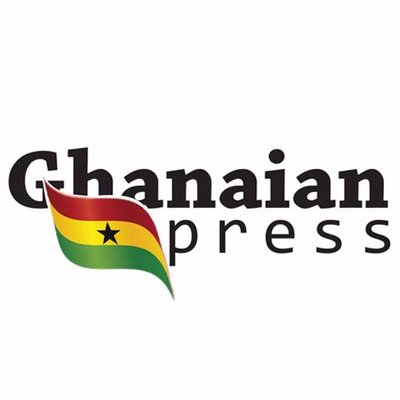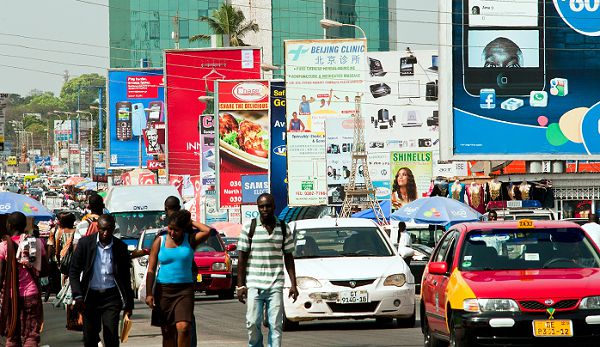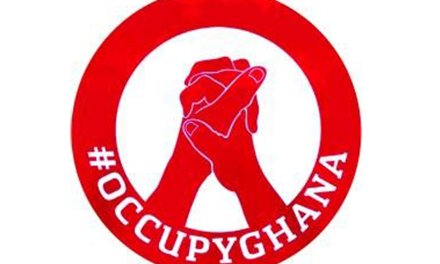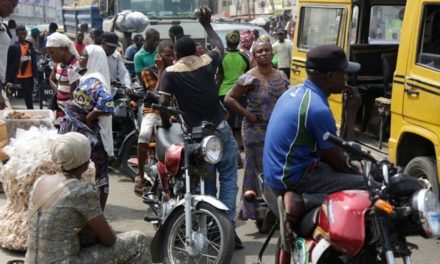Ghana has moved six places up in the latest World Bank report on Doing Business Ranking.
The report, which focuses on investigating the regulations that enhance business activity and those that constrain it, described the country’s business environment as a rapid growing one.
According to the data provided in the report, dubbed “Training for Reform”, Ghana had improved its ranking to 114 out of 190 economies, up six places from 120 in the 2018 Doing Business Report.
The improvement was attributed to a number of economic interventions being rolled out by the government, particularly the implementation of the paperless system at the country’s port.
The report said Ghana had made business at the port easier since the introduction of the single window system.
Paperless system
The paperless system was introduced by the government to address the difficulties at the country’s port.
The system, being implemented by West Blue Consulting, in partnership with other companies, has sealed revenue leakages at the port.
A recent report by the Ghana Business School at the University of Ghana stated that US$500 million had been saved at the port since the introduction of the paperless system in 2017.
Another report by the Ghana Shippers Authority said the payment of demurrage at the port had decreased by 17.5 per cent.
Report
The report is the 16th in a series of annual reports that focus on investigating the regulations that enhance business activity and those that constrain it.
Doing Business presents quantitative indicators on business regulation and the protection of property rights that can be compared across 190 economies.
Regulations affecting 11 areas of the life of a business are covered: starting a business, dealing with construction permits, getting electricity, registering property, getting credit, protecting minority investors, paying taxes, trading across borders, enforcing contracts, resolving insolvency and labour market regulation.
The labour market regulation data is not included in this year’s ranking on the ease of doing business.
Per the report, Sub-Saharan Africa has been the region with the highest number of reforms each year since 2012.
This year, the report captured a record 107 reforms across 40 economies in Sub-Saharan Africa, and the region’s private sector appeared to be affected by the reforms.
The average paid-in minimum capital has fallen from 212% of income per capita to 11% of income per capita in the same period.
In the case of Ghana, the report said the government had made it easier to deal with construction permits by strengthening construction quality control by imposing stricter qualification requirements for professionals in charge of technical inspections.
It also said the government had made it easier to pay taxes by allowing financial losses to be fully carried forward during any of the following five years of assessment, adding that there had been an improvement in trading across boarders through the implementation of a paperless customs clearance processing system.
“It is encouraging to see that progress is being made to improve the business environment to promote investments by both domestic and foreign firms so necessary to spur growth, provide jobs and further reduce poverty,” said Henry Kerali, Country Director, World Bank, Ghana.
Four African economies – Togo, Cote d’Ivoire, Kenya and Rwanda – are among the top 10 most improved economies globally.






Facebook Comments